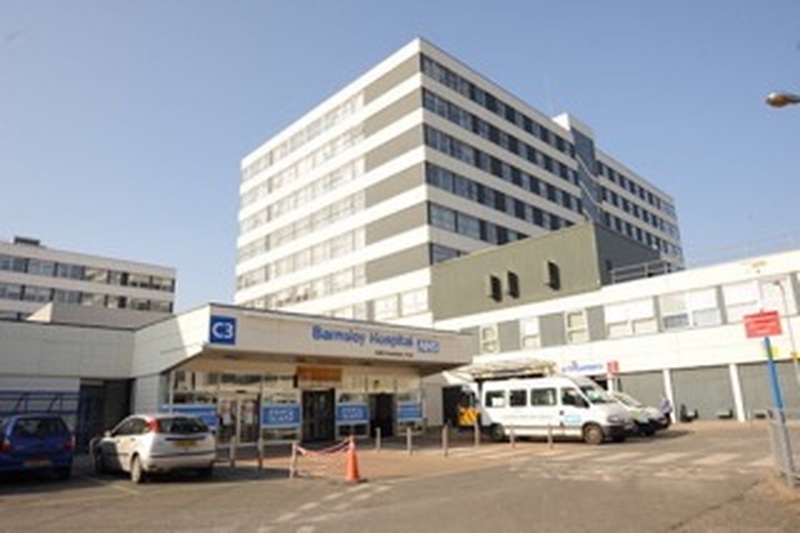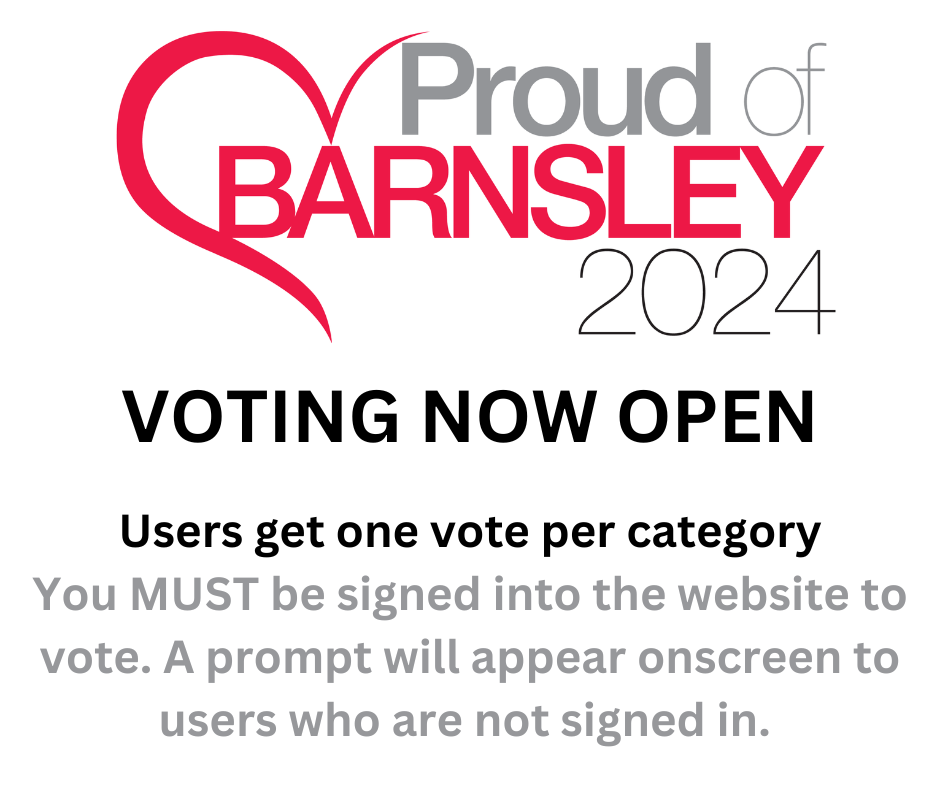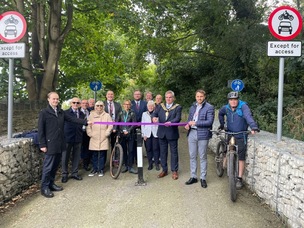BARNSLEY Hospital bosses have confirmed they would be keen to trial outpatient prescriptions being sent to local pharmacies after it was revealed the ‘demand on the NHS has never been greater’.
The NHS pilot, which was first launched during the pandemic, aims to enable hospital outpatient prescriptions to be sent electronically to a patient’s community pharmacy.
It’s hoped the pilot will help ease the pressures on the hospital after it was revealed some patients were waiting for hours to be discharged from the Gawber Road site.
A spokesperson for Barnsley Hospital told the Chronicle: “Demand on the NHS has never been greater.
“It is important to remember the hospital has a responsibility to discharge patients safely, with medicines in hand and a discharge summary letter.
“The steps taken for a patient to be discharged are many, not least preparing a prescription for medicines for discharge but also writing a letter to the GP indicating what has happened during the inpatient care episode and what ongoing monitoring or care is needed for the patient following discharge.
“At times this can take longer than planned due to the demand.”
Hospital bosses say they understand the frustration of waits and would be keen to pilot the scheme which would alleviate pressures.
“In regards to sending outpatient prescriptions to community pharmacies the way GPs do, there is no way of doing this currently,” they added.
“The NHS is piloting this in a few trusts and once that work is completed, it may result in the ability for hospitals to send prescriptions digitally to a community pharmacy.
“Barnsley Hospital would be really keen to explore how this could help our services and the patient experience when the functionality is available.”
Easing backlogs and reducing waiting times - for A and E arrivals, pre-pre-planned surgeries and those with screening appointments - have all been placed high on the agenda locally in recent months.
‘Significant’ progress has been made - after March’s figures revealed turnaround times were the best since the pandemic struck.
The four-hour A and E standard - which had been set at 95 per cent - is one of the most high-profile indicators of performance and has dwindled in recent years, hitting a record low of 55 per cent in January.
Ministers outlined steps to improve performance at the turn of the year to address the rapid decline, re-setting its ‘unachievable’ 95 per cent target to 76 per cent to stabilise departments and offering financial incentives to best-performing trusts.
Month-on-month improvements have been recorded at Barnsley Hospital, with January’s low followed by February’s 63 per cent and March’s 74 per cent, despite admissions rising.
In March, 8,997 visits were logged, with 6,641 being seen within four hours, matching the national average of 74 per cent.
Although still below the revised target, leaders at the Gawber site believe they are on track to make continued progress as the summer approaches.
The spokesperson said: “Teams throughout the trust, often working hand-in-hand with partner organisations in the community, have been focussing on processes within their specialism which have a direct impact on the flow of patients into, and out of, the hospital.
“We’re really pleased to see this has resulted in an improved performance and we are hugely grateful to the people who have worked hard to make this change possible.”





























